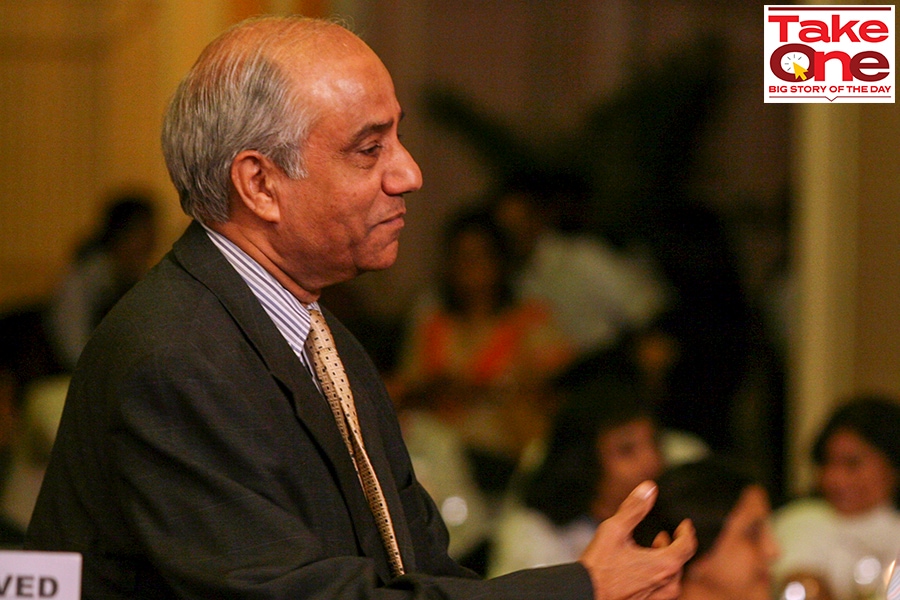
Parliamentary panel's version of Personal Data Protection Bill endangers privacy: Justice Srikrishna
The bill "enhances" the danger to right of privacy and is completely skewed in the favour of the government, says Justice Srikrishna
 Justice BN Srikrishna
Justice BN Srikrishna
Image: Hemant Padalkar/Hindustan Times via Getty Images
For Justice BN Srikrishna, who led the committee that came out with the first draft of India’s Personal Data Protection Bill in 2018, the latest amendments proposed to it by the Joint Parliamentary Committee (JPC) “enhance” the danger to fundamental right of privacy. This version does not pass the three-step proportionality test defined by the Supreme Court in the 2018 Puttaswamy judgement, he says.
The JPC version, which was tabled in both houses of the Parliament on December 16, gives “carte blanche” to the central government to exempt any of its agencies from any and all provisions of the Bill. Furthermore, by making “security of the state” as one of its stated objectives, the proposed law is no longer limited to protecting the privacy of citizens and non-citizens, he says. The latest version also makes the intended regulator of personal data —the Data Protection Authority (DPA)—“subservient to the executive”, he says.
Eight members of the JPC have filed dissent notes against this report primarily because of the two provisions that allow the government to exempt itself and any of its agencies from the Bill, and allow the state to process personal data of individuals without consent for any function of the state.
For Justice Srikrishna, the JPC’s recommendations to re-classify social media intermediaries as “social media platforms”, and to treat them as “publishers” responsible for content from unverified accounts are attempts to “abridge free speech”. The other recommendation to have the central government create a statutory body to regulate press in the country is a means to “muzzle” free press.








